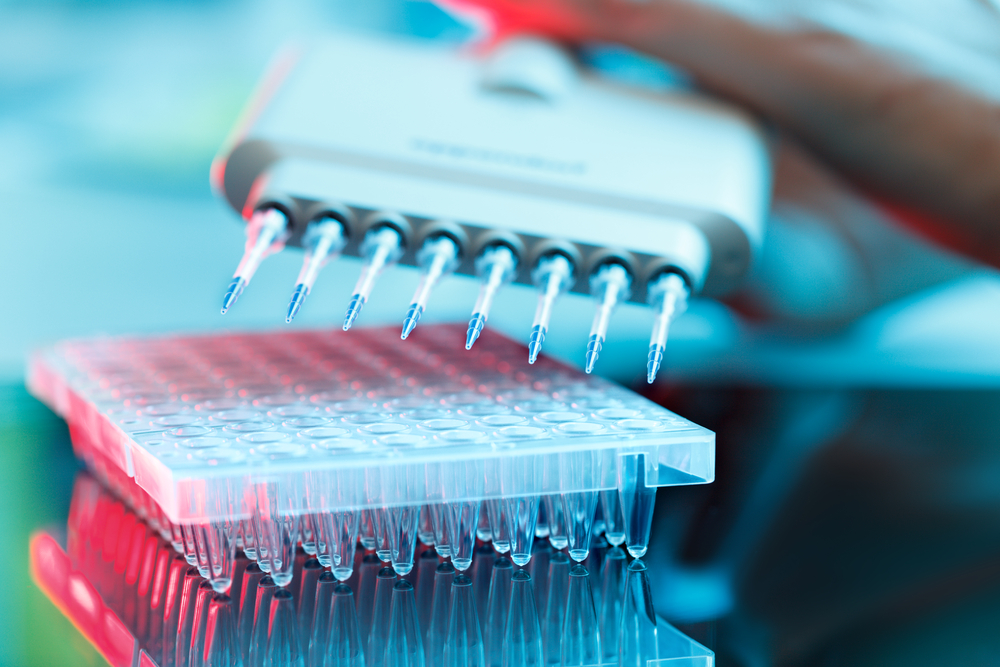Cytori Granted FDA Small Business Status, Allowing Reduced Filing Fees
Written by |

The U.S. Food and Drug Administration (FDA) has granted Cytori Therapeutics Small Business status for fiscal year 2017, which means Cytori will pay reduced fees for regulatory filings that may arise from initiatives like the Phase 3 trial of its Habeo Cell Therapy for hand dysfunction and Raynaud’s phenomenon associated with scleroderma.
The designation, granted by the FDA’s Division of Industry and Consumer Education (DICE), makes the company eligible for a substantial reduction in many medical device user fees and a one-time waiver of the user fee for its premarket approval (PMA) application, estimated to take place later this year.
“Cytori Cell Therapy benefits from being regulated as a device through the PMA process,” Tiago Girão, vice president of finance and CFO of Cytori, said in a press release. “The small business designation will substantially reduce filing fees in 2017 for our planned PMA application for HABEO Cell Therapy, our lead development candidate currently under investigation for use in scleroderma, should our STAR Phase 3 data support filing of this application.”
The Phase 3 STAR trial (NCT02396238) is a U.S.-based, randomized, multicenter trial of Habeo Cell Therapy in 88 patients with scleroderma-associated Raynaud’s phenomenon.
Cytori completed enrollment in mid-2016, and data analysis will begin as soon as the last enrolled patient completes their first 48-week follow-up, estimated to take place in mid-2017.
According to another Cytori announcement covered by Scleroderma News earlier this year, the company has shown that Habeo Cell Therapy was effective at reducing the Raynaud’s Condition Score, a measure of disease severity.
Raynaud’s phenomenon is a medical condition in which smaller arteries narrow, causing reduced blood flow. Primary Raynaud’s phenomenon is the most common form, and can cause fingers and toes to feel cold or numb for anywhere from minutes to several hours. These episodes are generally triggered by cold temperatures or stress.
In secondary Raynaud’s phenomenon, these blood vessel abnormalities also exist, but are usually accompanied by an autoimmune disease, such as lupus or rheumatoid arthritis.
According to the America College of Rheumatology, from 75,000 to 100,000 people are affected by scleroderma in the United States. In Europe, the European Federation of Pharmaceutical Industries and Associations estimates there are between 16,000 and 80,000 cases.





